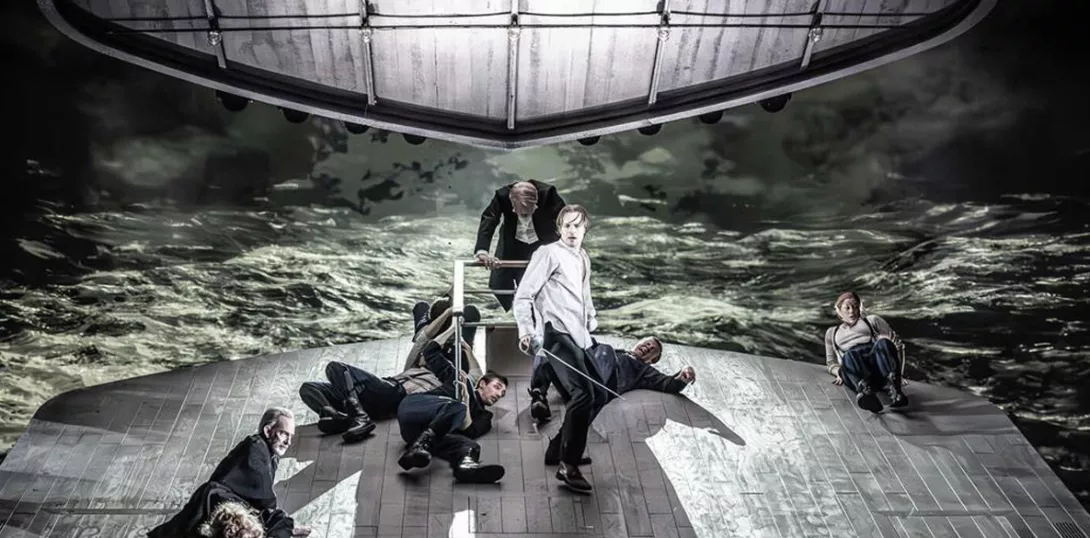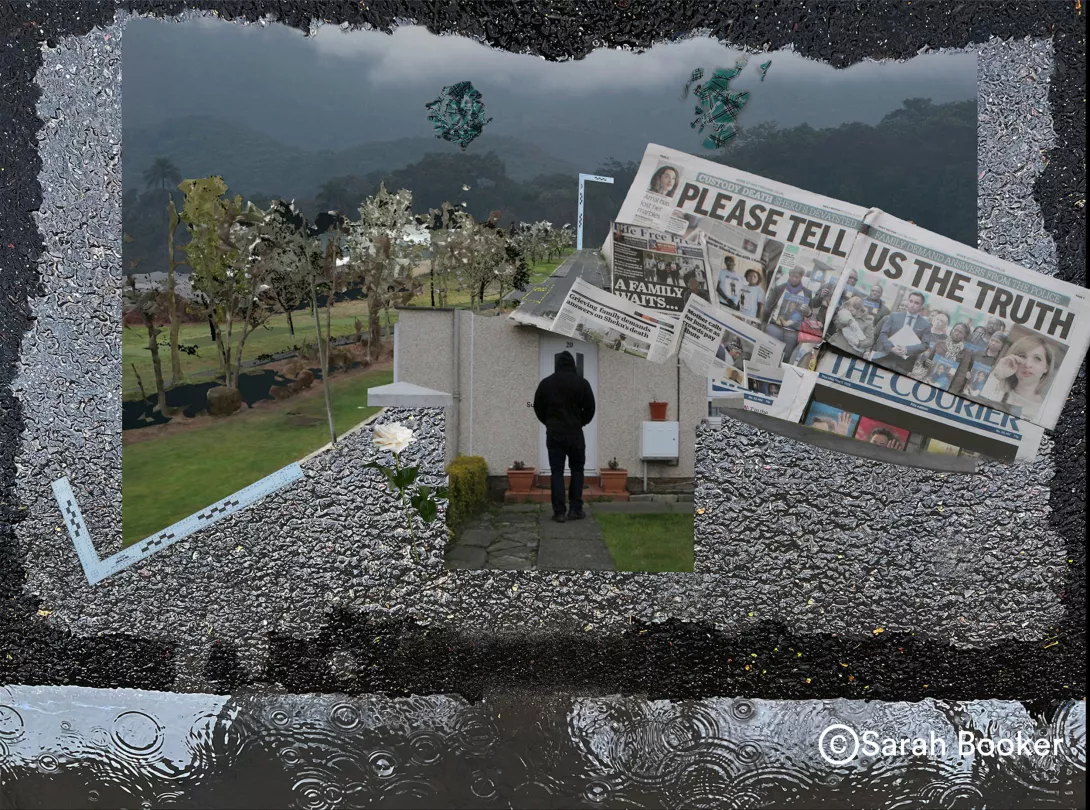GORDON PARSONS is bowled over by a skilfully stripped down and powerfully relevant production of Hamlet
Images of inconsolable grief
MATT KERR suggests an exhibition that reflects the human cost of deaths in custody should picket every centre of state power in the UK
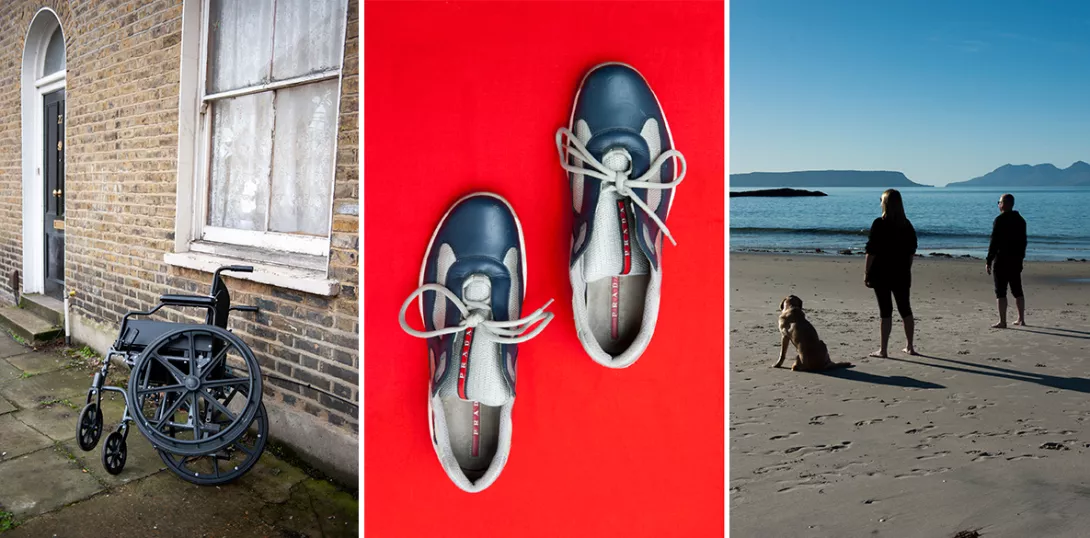
SoulsINQUEST
Platform, Glasgow
THE state isn’t generally shy about building memorials to the glorious dead.
In every town in the land we can find plaques, stone crosses signifying the vast loss of life in war through the years, and even in older workplaces you can still find some built to remember the waste of humanity if you look hard enough and they’ve been spared the wrecking ball.
More from this author
The phrase “cruel to be kind” comes from Hamlet, but Shakespeare’s Prince didn’t go in for kidnap, explosive punches, and cigarette deprivation. Tam is different.
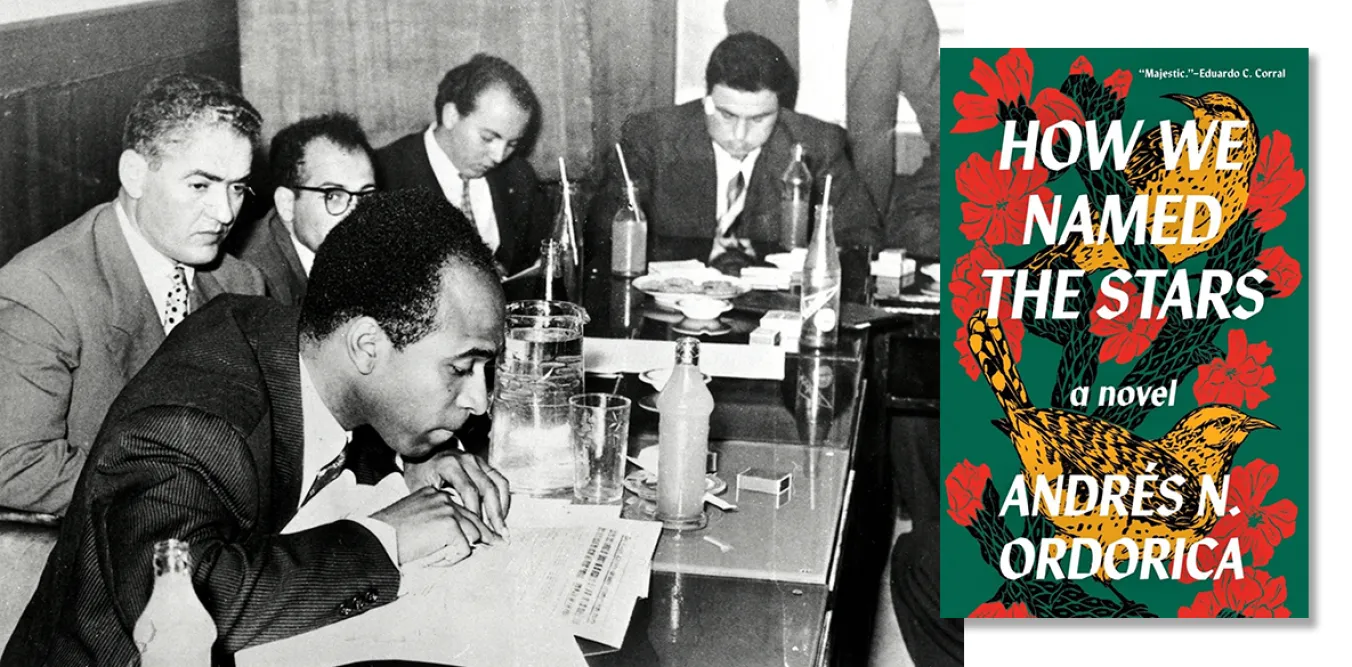
ANGUS REID deconstructs a popular contemporary novel aimed at a ‘queer’ young adult readership

A landmark work of gay ethnography, an avant-garde fusion of folk and modernity, and a chance comment in a great interview

ANGUS REID applauds the inventive stagecraft with which the Lyceum serve up Stevenson’s classic, but misses the deeper themes
Similar stories

MARJORIE MAYO recommends an exhibition that asserts Palestinian history, culture and creativity in the face of strategies to erase them
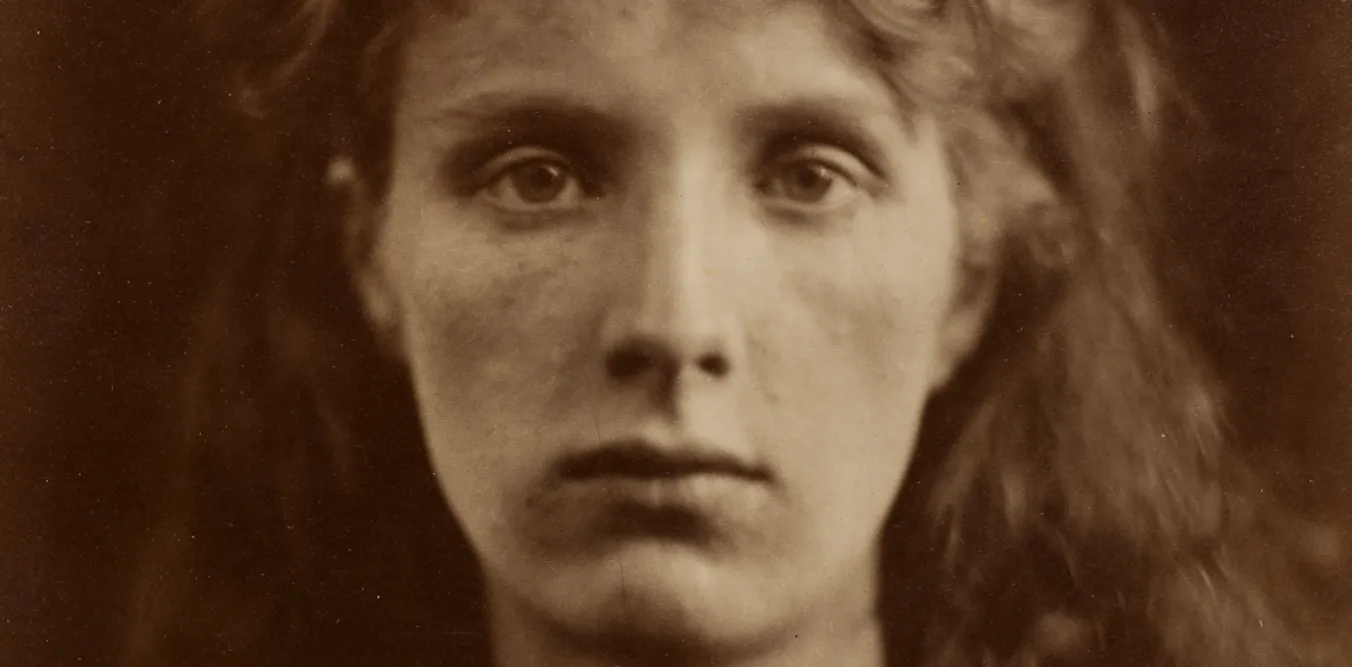
LYNNE WALSH applauds a show of paintings that demonstrates the forward strides made by women over four centuries
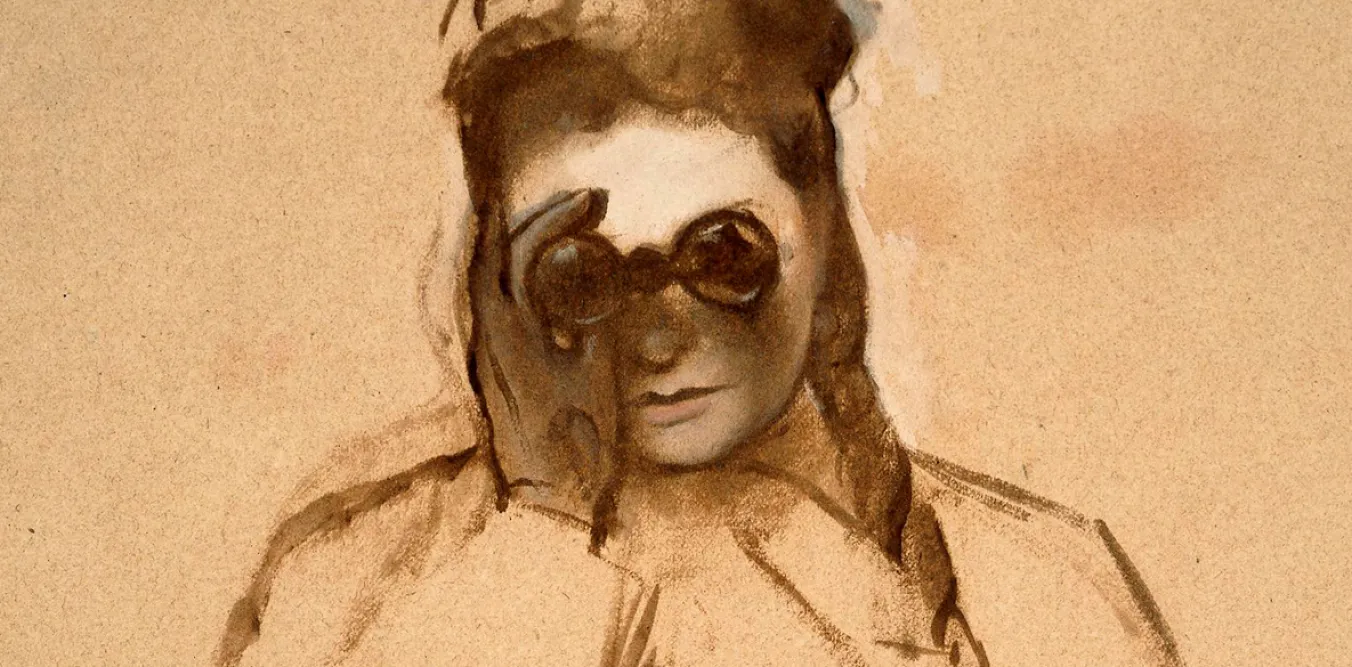
HENRY BELL steps warily through the collection of a Glaswegian war profiteer to experience his collection of Degas’ remarkable images of working people


